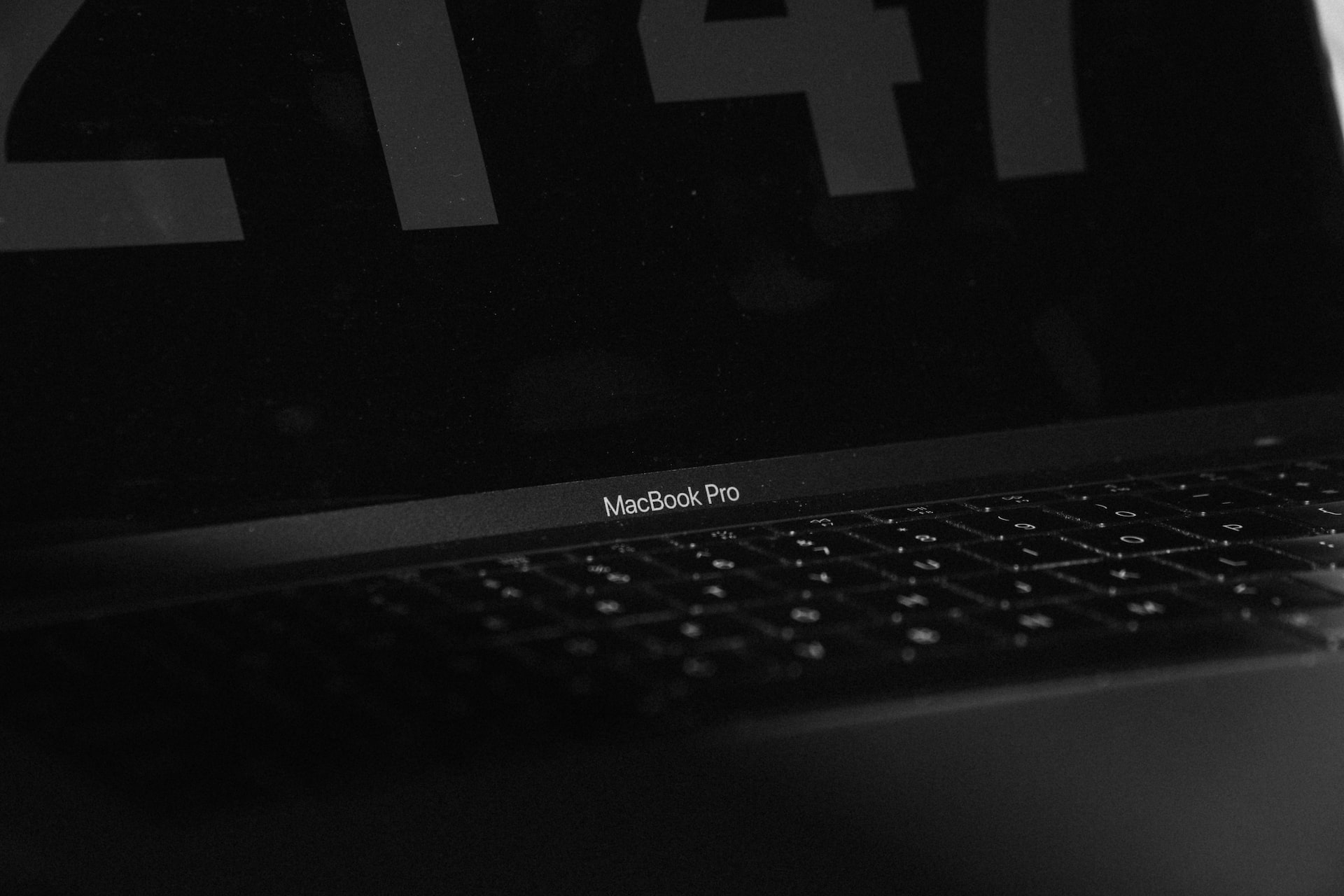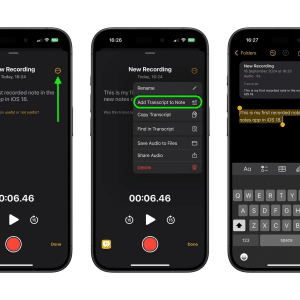If you’re an iOS developer, Docker is a technology you need to know about. Docker allows developers to create isolated development environments for their projects, making it easier to manage and collaborate on code with other developers.
Docker is a tool that can make your life as an iOS developer so much easier. If you’re unfamiliar with the system, it’s a platform that allows you to develop, ship, and run applications within containers. In other words, it helps you create isolated environments for your app so that you can avoid dependency issues and simplify your workflow. Here is how you can use the Docker Registry to streamline your iOS development processes:
How can you get started with Docker for iOS development projects?
- First, download Docker for your operating system and setup on your machine;
- Next, familiarize yourself with Docker terminology and commands by reading the documentation or taking a tutorial;
- Then, start containerizing dependencies in your iOS projects and experiment with different configurations to see how to streamline your development process;
The pros of working on Docker
Dependency management is a breeze with Docker: If you’ve ever worked on an iOS project with multiple dependencies, then you know how frustrating it can be to keep track of everything. With Docker, you can easily map out your dependencies and their respective versions within a container. This means that you don’t have to worry about manual updates or compatibility issues between different libraries. All you need to do is update the container when a new version of a dependency is released, and everything else will be taken care of automatically.
You can simplify your development workflow: If you’ve been working on an iOS project and switching between different versions of XCode or Carthage, then you know how time-consuming and tedious it can be. You can develop your app in one container and build it in another. This way, you can easily switch between different versions of XCode without having to re-download them every time. Plus, if you use Carthage for dependency management, you can even build your dependencies in a separate container, so they’re always up-to-date.

You can speed up your CI/CD pipeline: If you’re unfamiliar with CI/CD, it stands for continuous integration/continuous delivery. In short, CI/CD is a workflow that allows developers to automatically build and deploy their apps whenever new code is pushed to a repository. Setting up a CI/CD pipeline is a breeze since all you need to do is push your code to a repository and let the platform handle the rest. Plus, since all your dependencies are managed within containers, you don’t need to worry about compatibility issues when deploying your app to different environments.
You can run your app in any environment: One of the best things about using Docker is that it’s platform-agnostic. This means you can easily run your app in any environment—from local development to production—without worrying about compatibility issues. Plus, if you need to test your app on different devices or OS versions, all you need to do is create new containers with the respective configurations. Tested devices will always be available at your disposal.
Easily share development environments: Another benefit is the ability to share development environments with others easily. You can quickly and efficiently share a containerized version of your project’s environment with colleagues or clients. This means that everyone will have access to the same dependencies and configurations, making it easier for teams to collaborate on projects. And if you use Docker Hub—a popular registry—you can even push your containers to a public repository, allowing anyone to pull and run them in their own environments.
Are there any potential drawbacks to using Docker For iOS development projects?
Now, it’s important to note that Docker isn’t without its drawbacks. One potential issue is that managing multiple containers for different versions or configurations can become complicated and overwhelming for larger projects. Additionally, there are some compatibility issues between Docker and XCode, so it’s essential to do your research and make sure Docker will work for your specific project needs before fully committing to using it. However, overall, Docker can significantly simplify the development process and is a valuable tool for any iOS developer.

What’s the future of Docker in the iOS development community?
Looking at all of this, it’s clear that containers are here to stay and that they’re only going to become more prevalent in the years ahead. This is good news because it means that there’s a strong future ahead for the tool. And with Apple gradually moving towards using containers themselves, there’s a good chance we’ll see more developers using Docker for packaging up their SwiftUI applications for distribution via the App Store.











